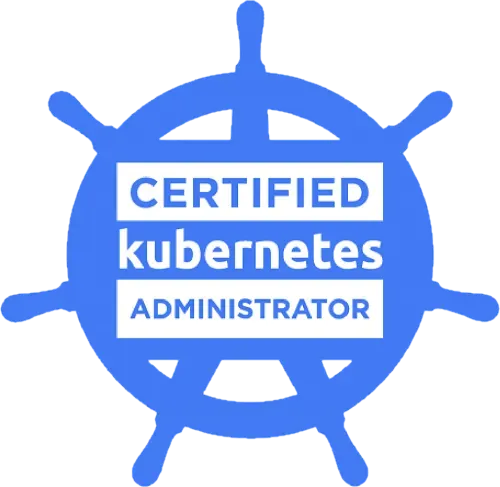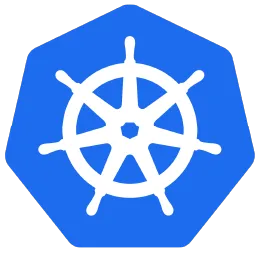Site Reliability Engineer Learning Path
The Site Reliability Engineer Learning Path offers a comprehensive journey for individuals seeking to excel in site reliability engineering, encompassing foundational knowledge in DevOps, networking, and application development. This learning path accommodates individuals with various levels of expertise, providing a structured approach to mastering site reliability engineering skills.
.svg)
.svg)
How long will it take for me to complete?
What day-to-day looks like
- Monitoring Service-Level Indicators (SLIs)
- Setting Service-Level Objectives (SLOs) and Service-Level Agreements (SLAs)
- Responding to Incidents
- Writing Postmortems
- Automating System Tasks
- Cross-Department Collaboration
- Building Software for DevOps, ITOps, and Support Teams
- Fixing Support Escalation Issues
- Optimizing On-Call Rotations and Processes
- Documenting "Tribal" Knowledge
- Conducting Post-Incident Reviews
Site Reliability Engineer
Test your Readiness for Free!
Topic based learning paths
CKA
Linux
Kubernetes
CKAD
Role based learning paths
FAQs
What is SRE (Site Reliability Engineering)?
Site Reliability Engineering (SRE) is a discipline that combines aspects of software engineering and systems administration. SREs focus on creating and maintaining reliable, scalable, and efficient software systems by applying engineering principles to operations.
What are the key responsibilities of an SRE?
SREs are responsible for designing, building, and maintaining systems that are highly available, performant, and scalable. They work to ensure that applications are reliable, automate operational tasks, monitor system health, and respond to incidents.
How does SRE differ from traditional operations roles?
SRE emphasizes automation, treating infrastructure as code, and applying software engineering practices to operations tasks. Traditional operations roles might focus more on manual maintenance and firefighting, while SREs focus on preventing incidents through proactive measures.
What are the core principles of SRE?
The core principles of SRE include setting Service Level Objectives (SLOs) to measure system reliability, using error budgets to balance reliability and development velocity, automating operations, and fostering a blameless culture that encourages learning from incidents.
What tools and technologies do SREs use?
SREs use a wide range of tools including monitoring and observability tools (Prometheus, Grafana), configuration management (Ansible, Puppet), version control (Git), containerization (Docker), orchestration (Kubernetes), and cloud platforms (AWS, Azure, GCP).
What's the relationship between SRE and DevOps?
SRE and DevOps share similar goals of improving collaboration between development and operations teams and achieving reliable, automated software delivery. SRE is often seen as an implementation of DevOps principles in a structured and specialized manner.
How does incident management work in SRE?
SREs practice a blameless post-incident review process, focusing on learning from incidents to prevent future occurrences. This process helps identify root causes, improve monitoring, and refine response procedures.
What skills are essential for an SRE?
Essential skills include programming/scripting, system administration, cloud computing, automation, troubleshooting, networking, and familiarity with containers and orchestration tools.
Do SREs only focus on operations and reliability?
While reliability is a primary focus, SREs also work on aspects like capacity planning, performance optimization, security, and ensuring that systems are designed with scalability in mind.
How can I transition to an SRE role from my current background or position?
Consider building on your existing skills, such as systems administration, software development, or cloud expertise. Seek opportunities to work on projects that involve automation and reliability.
What key skills do I need to emphasize on my resume when applying for SRE positions?
Highlight skills such as automation/scripting, cloud platforms, version control (Git), containerization (Docker), monitoring, and familiarity with configuration management tools.
How important is hands-on experience with cloud platforms in SRE roles?
Cloud platforms are integral to modern SRE practices. Demonstrating experience with platforms like AWS, Azure, or Google Cloud can be a strong selling point for your transition.
Can I transition to SRE without a computer science degree?
Yes, a computer science degree is not always required. Many SREs come from diverse educational backgrounds. Focus on gaining relevant skills and practical experience to demonstrate your capabilities.
What can I expect during SRE interviews?
SRE interviews might include technical assessments related to automation, troubleshooting, scripting, and architecture. Expect questions about incident management, monitoring, and collaboration as well.

.svg)






.svg)



.svg)


-p-1080.webp)


.webp)






.svg)





